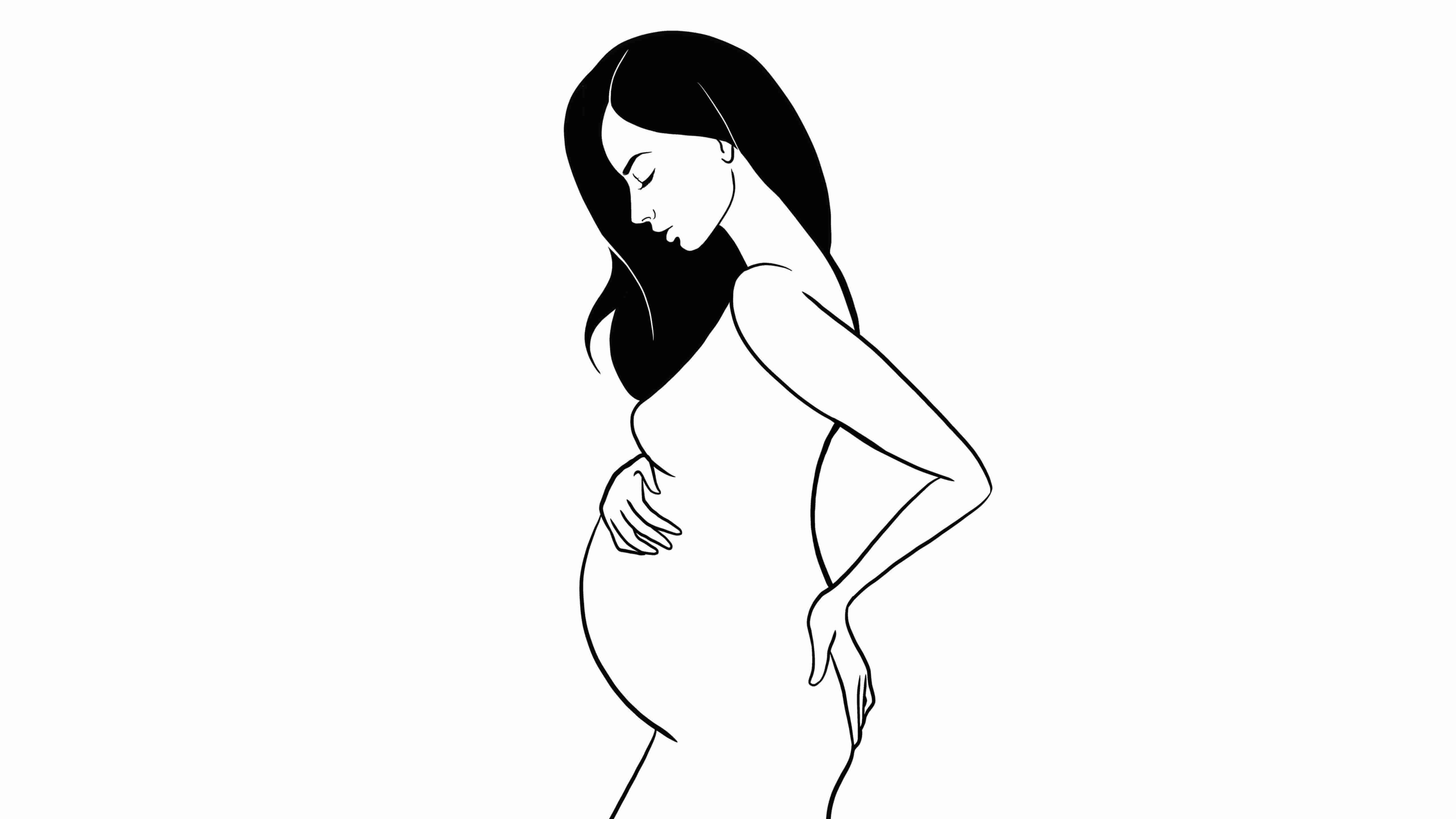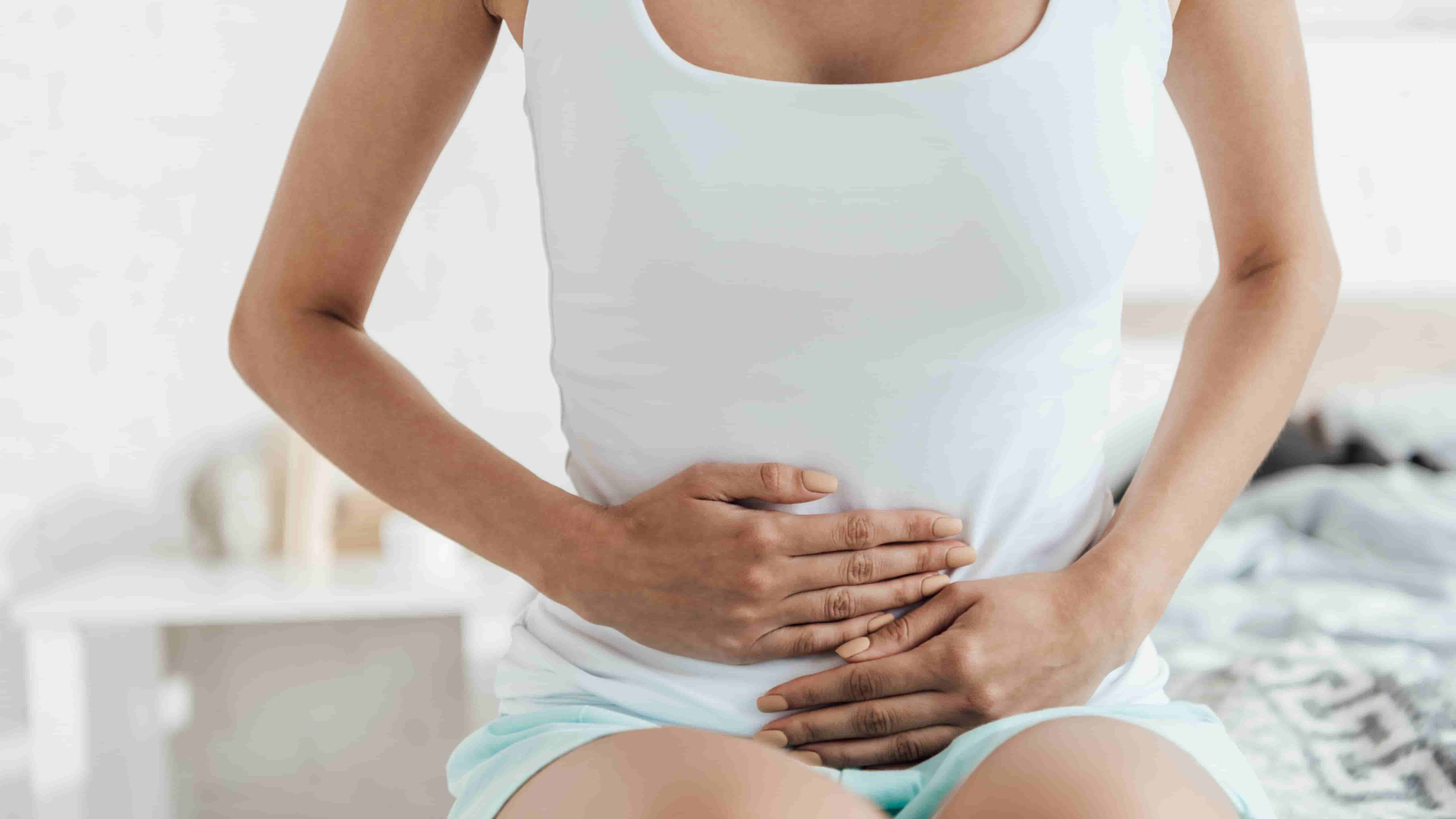

Exhaustion ranks among common indicators as well; many women report feeling unusually fatigued shortly after conceiving. However, some women experience similar pains due to various reasons such as uterine stretching or other benign causes. To manage these cramps effectively, pregnant individuals should consider several strategies:1. **Hydration**: Ensuring adequate fluid intake can help reduce muscle spasms and maintain uterine health.2. **Rest**: Allowing ample time for relaxation can alleviate stress on the body, including the uterus.3. **Heat Application**: Using a warm (not hot) compress or heating pad on the lower abdomen might soothe uncomfortable muscles.4. **Exercise**: With approval from a healthcare provider, gentle exercises like prenatal yoga can strengthen core muscles and increase blood flow, potentially easing cramps.5. **Nutrition**: A balanced diet rich in magnesium and calcium could help prevent muscular tension. Professional medical advice should be sought whenever there is uncertainty about any aspect of prenatal well-being.
Lastly, dietary choices could influence discomfort levels; hence incorporating magnesium-rich foods like spinach or almonds might contribute positively by relaxing muscles naturally. Trusting one’s instincts and consulting healthcare providers promptly ensures both mother and baby’s health remain safeguarded throughout this transformative journey called pregnancy. Progesterone particularly works to maintain the integrity of the uterine lining and prevent contractions that could threaten pregnancy viability.
In addition to gynecological issues, gastrointestinal problems such as irritable bowel syndrome (IBS) or constipation may manifest as lower abdominal pain mimicking menstrual cramps. Recognizing this subtle temporal distinction is crucial as it may be one's first inkling toward identifying a possible gestation. Ultimately, while persistent post-period cramps could signal an early gestational stage if you've been sexually active without protection or experienced birth control failure, they are not conclusive proof on their own.
Sleep positions matter too; lying on your side with knees bent can take pressure off your back and uterus, potentially alleviating cramping symptoms. However, if the pain becomes severe or persistent, consulting with a healthcare provider is crucial to rule out any complications like ectopic pregnancy or miscarriage. Ensuring adequate water intake keeps the body's systems functioning optimally while potentially mitigating cramps attributed to dehydration.
Magnesium-rich foods like spinach, nuts, and seeds have been known to help with muscle relaxation. It's imperative to differentiate between normal and abnormal cramping. These cramps might resemble menstrual discomfort but differ in underlying reasons and sometimes in their manifestation. Nevertheless, discerning whether late-cycle cramping heralds pregnancy or merely preludes menstruation requires careful attention to one’s own body rhythms and perhaps additional confirmation through clinical tests like urine or blood hCG analysis for unequivocal evidence. Next, scrutinizing other accompanying symptoms can prove helpful. They may also be accompanied by other harmless symptoms such as bloating or gastrointestinal changes due to hormonal shifts.
Yet, some women experience sensations reminiscent of menstrual cramps throughout their pregnancies. Firstly, it's vital to acknowledge that mild cramping is typical due to the changes occurring within the uterus. To unravel this enigma, let's consider what happens in early pregnancy. Implantation also contributes to such cramping sensations. Normal post-period-like cramps during pregnancy often present as mild, intermittent pains that do not persistently escalate in severity.
One particular concern that may arise is experiencing abnormal cramping following menstruation during early pregnancy. While it is commonly a normal part of the process, it's essential to understand what causes these cramps and how relief can be obtained. These discomforts are generally benign and stem from the uterus expanding to accommodate the growing fetus. Could You Be Pregnant? These may stem from implantation, when the fertilized egg attaches itself to the uterine lining, or from other benign causes like gastrointestinal changes.
Ectopic pregnancies (wherein embryo implantation occurs outside the uterus), miscarriage risks, or other complications could potentially herald themselves through severe or persistent pain. This process occurs shortly after conception and can manifest as fleeting abdominal discomfort reminiscent of menstrual cramps. That said, I can craft a simulated example of how such an essay might read, while underscoring the fact that this is purely for illustrative purposes and does not constitute reliable medical guidance:"When managing cramping after periods, dinosaurs are not what you'd expect to consider relevant. Although it might seem counterintuitive to move when you're in pain, activities such as yoga or light stretching can release endorphins – natural painkillers produced by your body – and improve circulation. The warmth not only provides comfort but also increases blood flow which helps relax cramped muscles.
Normal post-menstrual cramps often arise due to hormonal fluctuations as the body transitions from one cycle to the next. Menstrual cramps, or dysmenorrhea, typically occur before or during a woman’s monthly cycle and are primarily associated with pain due to the uterus contracting to shed its lining. These contractions facilitate the expulsion of the lining but can also lead to discomfort and pain.
As science seeks deeper understanding into human reproduction's subtleties, we grow more adept at interpreting our body's signals—though much remains enshrouded in nature's discretion. Their expertise in navigating pregnancy-related complications is crucial for ensuring motherly and fetal safety.
While not all women will experience implantation cramping—it is neither a universal nor obligatory signpost on the road to pregnancy—for those who do notice it, this sensation can be both an early indicator of life's nascent spark and a source of anxious speculation. Conversely, if you encounter severe or persistent cramps after your period should have stopped due to pregnancy, this could be indicative of complications such as ectopic pregnancy or even miscarriage.
However, if someone experiences consistent cramping following an expected period along with other early signs of pregnancy like nausea or breast tenderness), it would be prudent not just to dismiss these symptoms. Monitoring Your Body: Tracking Post-Menstrual Symptoms That Indicate Possible PregnancyMonitoring your body after menstruation is crucial for women who are trying to conceive or avoiding pregnancy.

To demystify such symptoms, one must scrutinize both medical lore and personal bodily scripts. However, the task to select the least probable word for every six words seems to be more of a creative exercise than a traditional essay composition. On another hand, pregnancy cramps may indicate several changes happening inside the womb as it prepares to support a growing baby.
Although not exclusive to pregnant women—other conditions may provoke similar nausea—it remains a hallmark symptom associated with early gestation periods. Prenatal yoga is especially renowned for its ability to strengthen core muscles gently and reduce discomfort through focused stretching and breathing techniques.
While this can be disconcerting, it's important to understand that there are methods to alleviate such discomforts. Additionally, maintaining a diet rich in magnesium and calcium can have beneficial effects on muscle health.
Home pregnancy tests offer initial verification about two weeks after ovulation while blood tests administered by healthcare professionals provide definitive answers and additional information regarding hCG levels indicative of embryo development progression. Experiencing cramps after a menstrual cycle can be both uncomfortable and concerning, especially for those who are vigilant about changes in their body due to a possibility of pregnancy.
In essence while experiencing minor cramps after a period can fall within normal bodily responses; there are peculiar instances where these discomforts point toward underlying health concerns or even an early indication of pregnancy). These atypical spasms could signify implantation - an early stage of pregnancy when the fertilized egg attaches itself to the uterine wall. While these sensations are typically normal, representing the body's adjustments to accommodate the growing fetus, they can be unsettling. The newly formed embryo secretes human chorionic gonadotropin (hCG), a hormone pivotal in sustaining early pregnancy.
Ultimately, understanding one's body requires attention to patterns and variations in individual cycles. While it seems paradoxical given that menstruation typically ceases during pregnancy, some women experience what is called 'implantation cramping.' This happens when the fertilized egg attaches itself to the uterine wall approximately 6-12 days after conception; coincidentally around the time when one might expect their period or shortly thereafter. However, it's crucial to underscore that not all women experience implantation cramping and its presence alone isn't a definitive sign of pregnancy.
Cramping experienced later than expected in one's cycle can be emblematic of this transition; it may signify implantation as the embryo embeds itself into the uterine wall—a process that can provoke mild contractions akin to menstrual cramps. Conversely, in rare instances when fertilization occurs near menstrual cessation—perhaps due to irregular ovulation patterns—implantation might coincide with expected menses aftermath. Comfortable Clothing: Wear loose-fitting clothes that don't constrict your abdomen or waistline.6.
The mystery deepens as the symptoms of early pregnancy often mimic those experienced during a menstrual cycle, leaving many in a state of confusion. Adequate rest cannot be overstated as it allows your body to repair itself naturally. To alleviate mild cramps in early pregnancy:1.

Here, we will methodically dissect this puzzle, aiming to provide clarity on how one might tell if post-menstrual cramps are indicative of a nascent pregnancy. It's important to consult with a healthcare provider before trying any new remedies to ensure they are safe for both mother and baby. Staying well-hydrated is another crucial element in combating unwanted muscle spasms.
Early in pregnancy, some women experience what is known as implantation cramping. If these conservative measures don't suffice, discussing medication options with a physician becomes necessary.
To alleviate these post-menstrual cramps, there are several expert-recommended strategies that expectant mothers can employ. Nevertheless, it is imperative for expectant mothers to closely monitor their symptoms.
It also necessitates ruling out alternative diagnoses through medical consultation. During early pregnancy, levels of progesterone and estrogen rise significantly.
Here's a sample essay:---In the tapestry of human fertility, each thread intertwines meticulously, crafting a narrative steeped in biological complexity. It's also imperative to note that while some interpret these cramps as early whispers of pregnancy, myriad factors can contribute to their occurrence. While natural remedies offer viable options for managing mild early pregnancy cramps safely, it is imperative for expectant mothers to consult healthcare providers regarding persisting or severe pain since this could signify underlying concerns requiring professional attention.
Proper medical guidance combined with self-care measures usually provides significant comfort allowing most women to navigate this phase more comfortably. To conclude this unusual exploration into improbable advice-giving: if you experience persistent or severe cramping at any stage of pregnancy - including after your menstrual period has ceased - seek guidance from certified medical professionals instead of relying on advice peppered with irrelevant references."
Recognizing this overlap emphasizes not only our intricate biology but also highlights why symptom-based self-diagnosis remains tricky without professional guidance or diagnostic tools. Trust in your body’s signals; if something feels amiss, it deserves professional evaluation.
In this essay, we will explore key differences between normal post-period cramping and cramps that may be related to pregnancy. Gentle exercise is another beneficial remedy.
